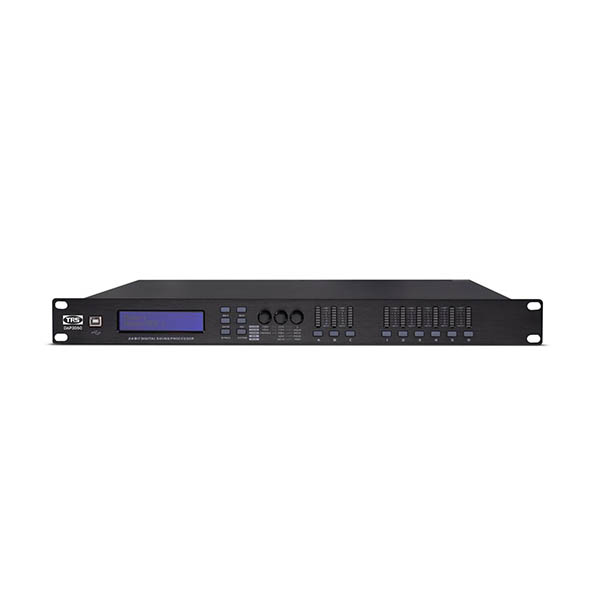What is an Audio Processor?
An audio processor is a specialized device designed to manipulate and optimize audio signals, ensuring they sound their best in diverse environments. It acts as the conductor of an orchestra, harmonizing all the elements of sound for a seamless performance.
Controlling the Sound
One of the most critical functions of an audio processor is to exert control over audio signals. It fine-tunes the music or background tracks, creating different sound effects to match the atmosphere. Whether it’s a serene acoustic performance or a thumping nightclub, the audio processor can adapt the sound to suit any setting.
Eliminating Timing Issues
In a complex audio setup, various sound devices might produce time differences. Here’s where the audio processor’s delay function comes into play. It corrects any time disparities between devices, ensuring a harmonious audio experience.
DAP Series Digital Audio Processor
Equalization for Optimal Sound
Every sound system, no matter how advanced, has its limitations. The audio processor’s equalization function can detect and rectify these issues in real-time. Whether it’s compensating for uneven low-frequency response or fine-tuning the mid-range, equalization ensures that the sound remains consistent and balanced.
Preventing Overload
An essential feature is the limiting function. It helps control the signal strength of the audio processor, avoiding distortions and overloads.
To use an audio processor effectively, one must have a deep understanding of its capabilities and limitations. This knowledge empowers sound engineers and audio enthusiasts to fine-tune the system to produce the best possible sound.
Post time: Nov-08-2023

